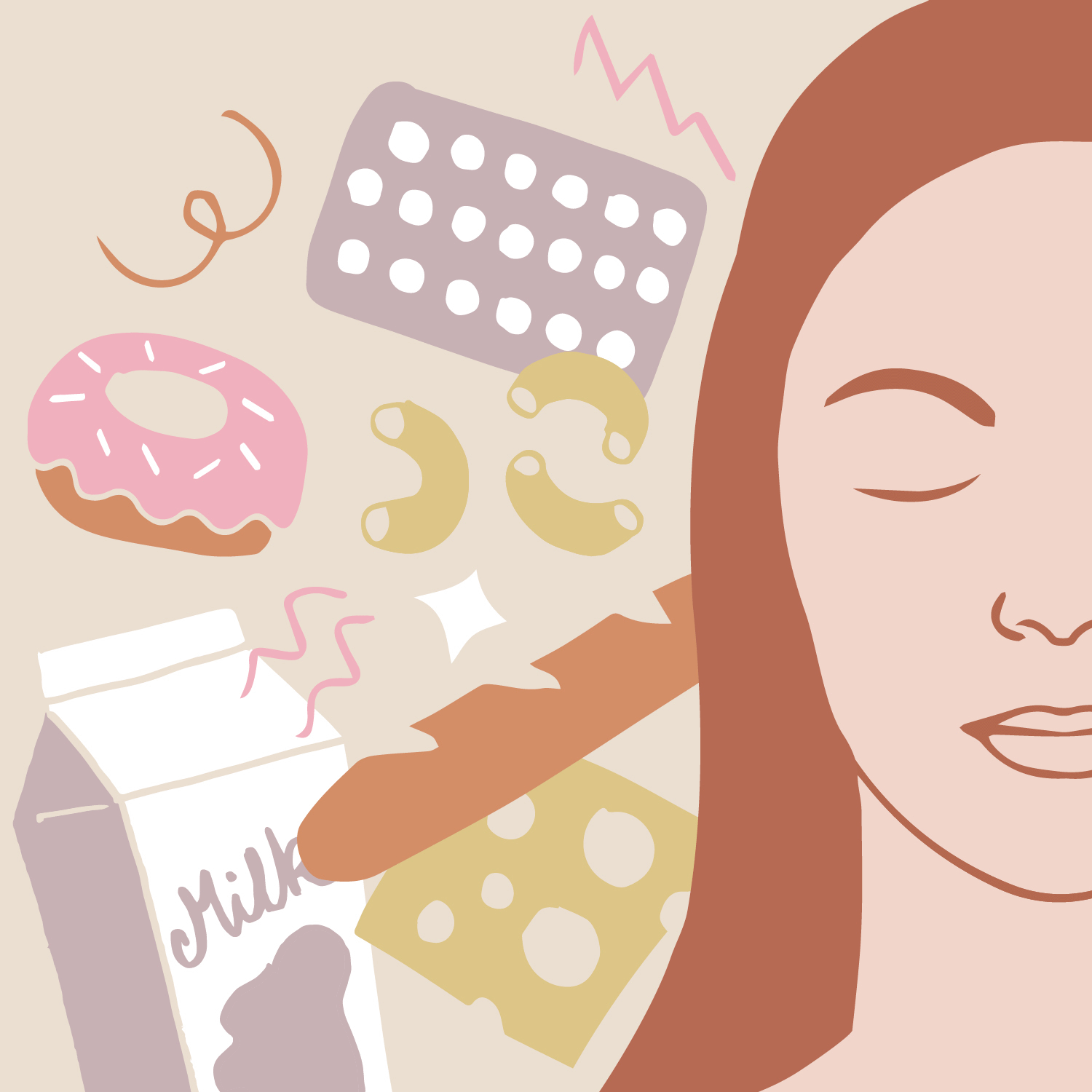Aug 21, 2022
HORMONES AND ACNE EXPLAINED
We all know that it’s what’s on the inside that counts, but it’s only human to care and be conscious of our skin. What’s more, is that our skin can be a direct reflection of what our body is physically and mentally experiencing, and understanding these triggers can help us best manage the outward expression of acne.
Today we are joined by our TOM Talks panellist Georgia Hartmann to unpack hormonal acne. She addresses the role of stress, how we can manage problematic skin and the relationship between acne and periods.
Reading your skin
The location of our skin breakouts is often the first indication of whether our acne is caused by hormones or is the result of another health issue. Breakouts along the chin and jawline, for instance, suggest that acne is likely hormonal. Breakouts on the cheeks are generally an indication of gut-related concerns, while acne on the forehead can signify an issue in the liver, gut or a combination of the three. While there are different skin conditions, caused by different areas of the body, hormonal acne is what I see and treat most often.
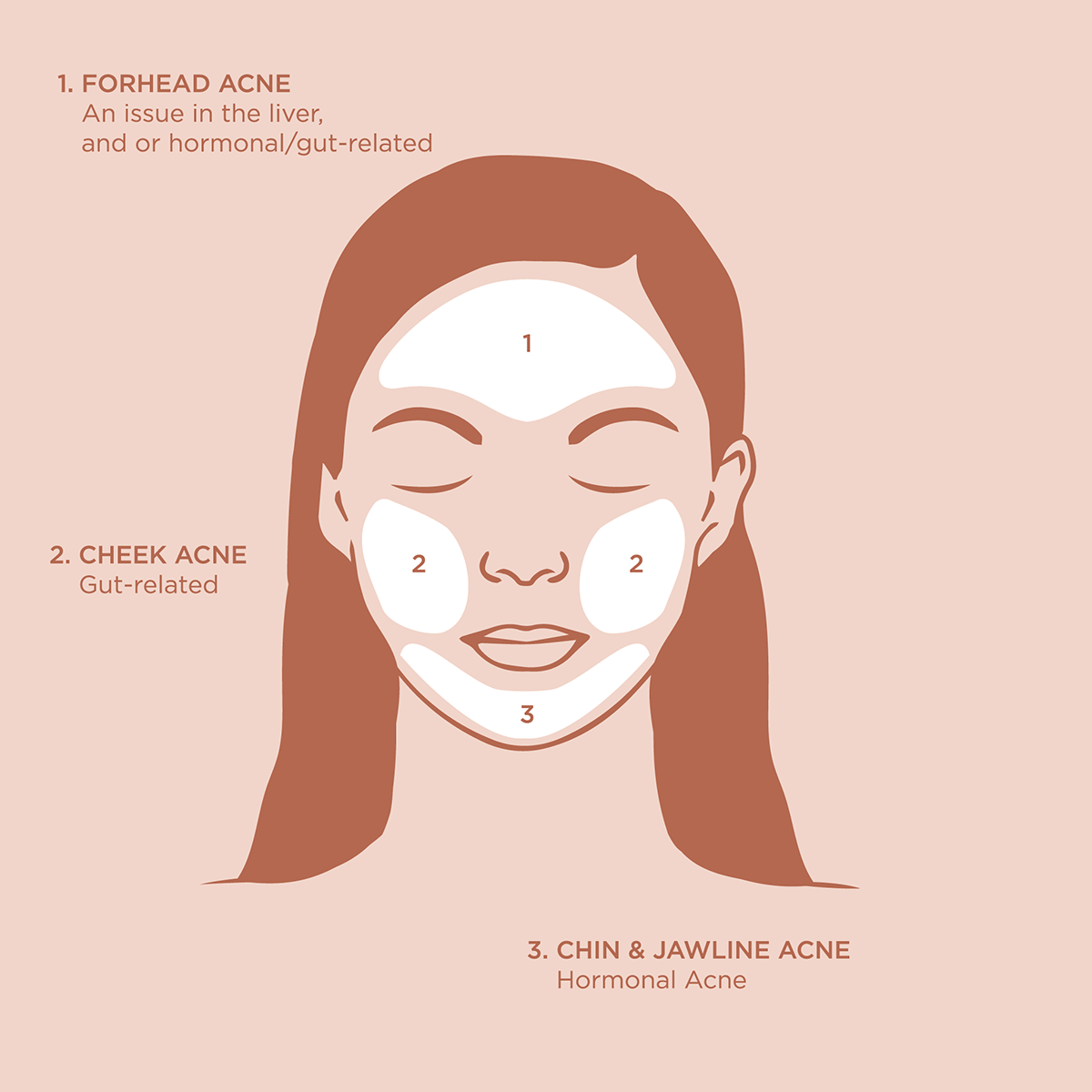
The causes of hormonal acne
While there are many reasons why a person may present with hormonal acne, one of the most common causes is excess androgen production. This is also why acne is often a characteristic of PCOS.
Coming off the pill is another common cause of androgen-related acne, though it may be six months post-pill before skin breakouts occur. When you cease taking the pill, your body will, for a time, produce excess androgens — at least until your ovaries are able to find their hormonal balance. If you do notice your skin begins to flare up several months after you come off the pill, it’s likely the result of these high androgen levels (and a clear sign of hormonal acne!). You may also find you have excess sebum production, sebum being the oil in your skin, and this can also contribute to post-pill acne. The good news — acne can often be prevented if you manage it correctly before coming off the pill! It’s important to keep in mind that, if you had acne prior to going on the pill, your skin will likely flare up again post-pill.
Stress, too, plays a significant role in hormonal acne. Certain foods, such as sugar, can impact our skin. Many people will find they have food sensitivities, for instance, dairy or gluten products, and eating these foods may cause bloating, mood changes and skin breakouts. Cutting out that food, even for a few weeks, will often bring noticeable differences to your skin.
Your diet and lifestyle
Our diets and lifestyle have a significant impact on whether or not we may develop acne. Hydration is really important, and if you are not drinking enough water you may notice your skin is impacted. If you’re nutrient deficient in any way, whether that’s zinc, vitamin D or even an omega-three fatty acid deficiency, you can also expect more breakouts.
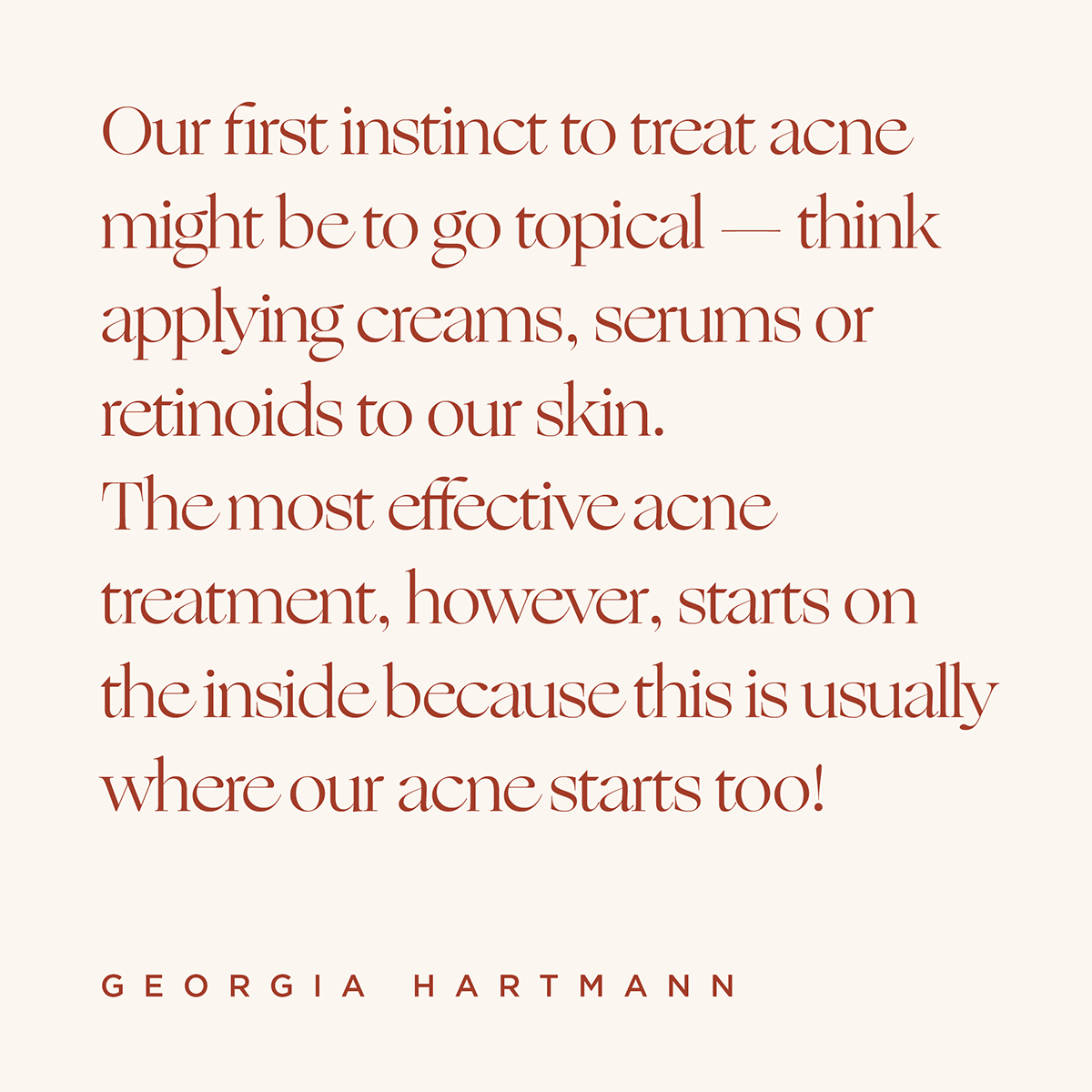
Our first instinct to treat acne might be to go topical — think applying creams, serums or retinoids to our skin. The most effective acne treatment, however, starts on the inside because this is usually where our acne starts too! The first step is to assess your hormones, and this might be through a test or an in-depth questionnaire as we do at Hormone Health Studio. We want to figure out what’s going on with your hormones purely based on your symptoms.
As well as hormones, we also need to consider gut health. This includes liver function, whether you’re drinking a lot of alcohol, whether you’re dehydrated and if your liver is getting the nutrients it needs.
For anyone experiencing acne, you can also have a look at the food you’re consuming. Consider whether you may be sensitive to dairy or gluten and if this is impacting your skin. Ensure you’re eating foods rich in zinc and omega-three fatty acids. Consider your lifestyle, too, and whether you’re getting enough sunshine or drinking enough water. Start here and, if you find you need to make changes, commit to changes for at least four weeks. Nothing will happen overnight.
Topically, it’s best to stick with a simple skincare routine. Avoid products that will strip your skin or exfoliate too often, as well as anything with endocrine-disrupting chemicals like phthalates, parabens or bisphenols.
The connection between acne and periods
Acne that occurs before or during menstruation is something many of us can relate to! This, again, comes back to hormones. You’ll often find that the skin will flare up before your period. Even if you don’t have PCOS, premenstrual skin problems will still be common because of the imbalances in estrogen and progesterone levels that occur throughout the menstrual cycle. Maintaining a good diet and bringing in healthy lifestyle habits will help.
You may also find that in the first trimester of pregnancy, your skin can also flare up. Though it’s not ideal, particularly if you’re experiencing morning sickness too, it’s just due to changes in your estrogen and progesterone levels, and it should pass.
While it’s not always possible to control our hormones or our menstrual cycles, we do have control over what we put in our bodies and on our skin. Making the right choices here will go a long way in giving your skin the care and attention it deserves.
Blogs
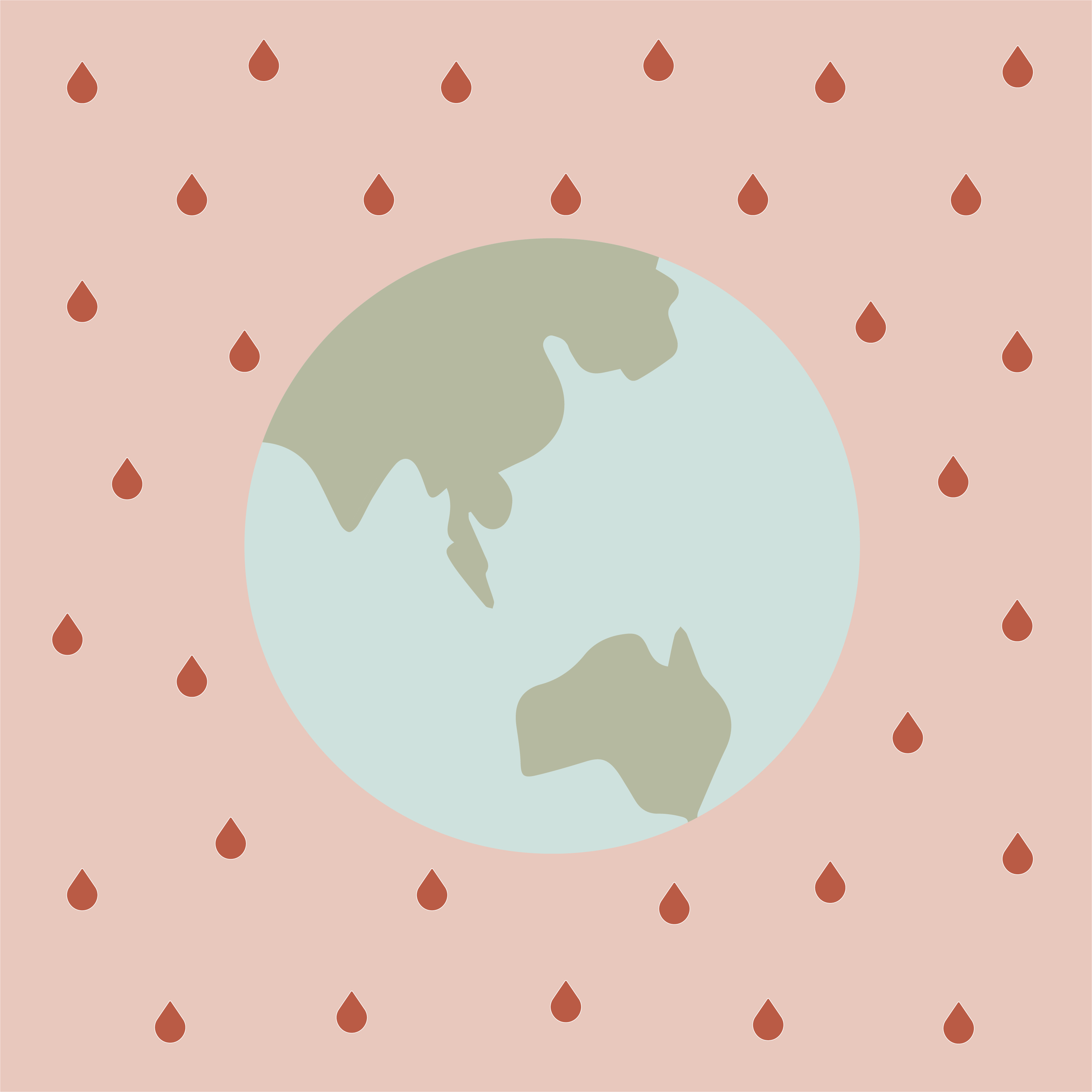
Jun 08, 2022
EXPLORING PERIOD CARE IN CULTURES AROUND THE WORLD
Our TOM Talks panelist Sabina McKenna explores how different cultures around the world approach period care.
Read More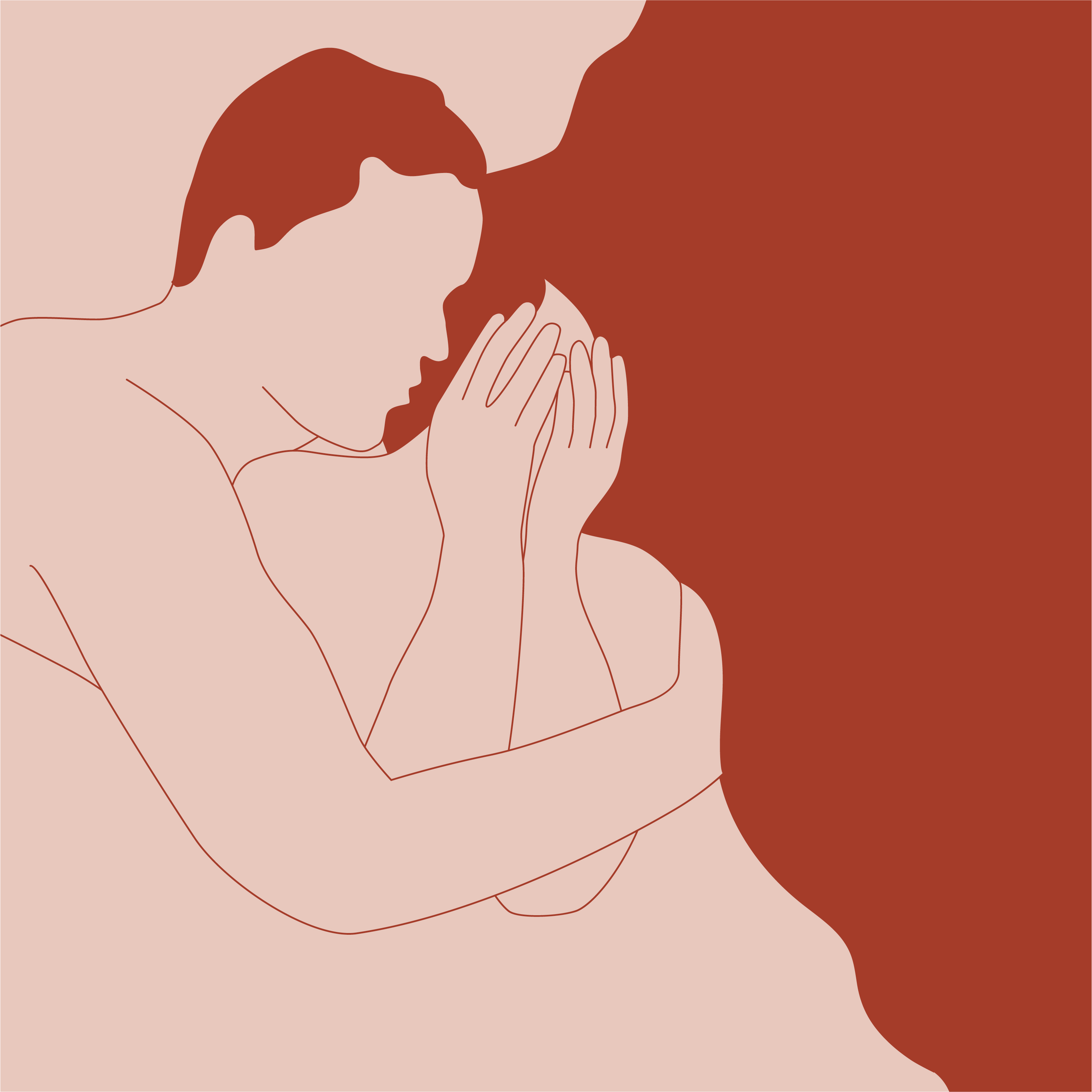
Jun 08, 2022
STOP APOLOGISING FOR HAVING YOUR PERIOD
Our TOM Talks panelist Mel Mason talks about the importance of not apologising for having your period.
Read More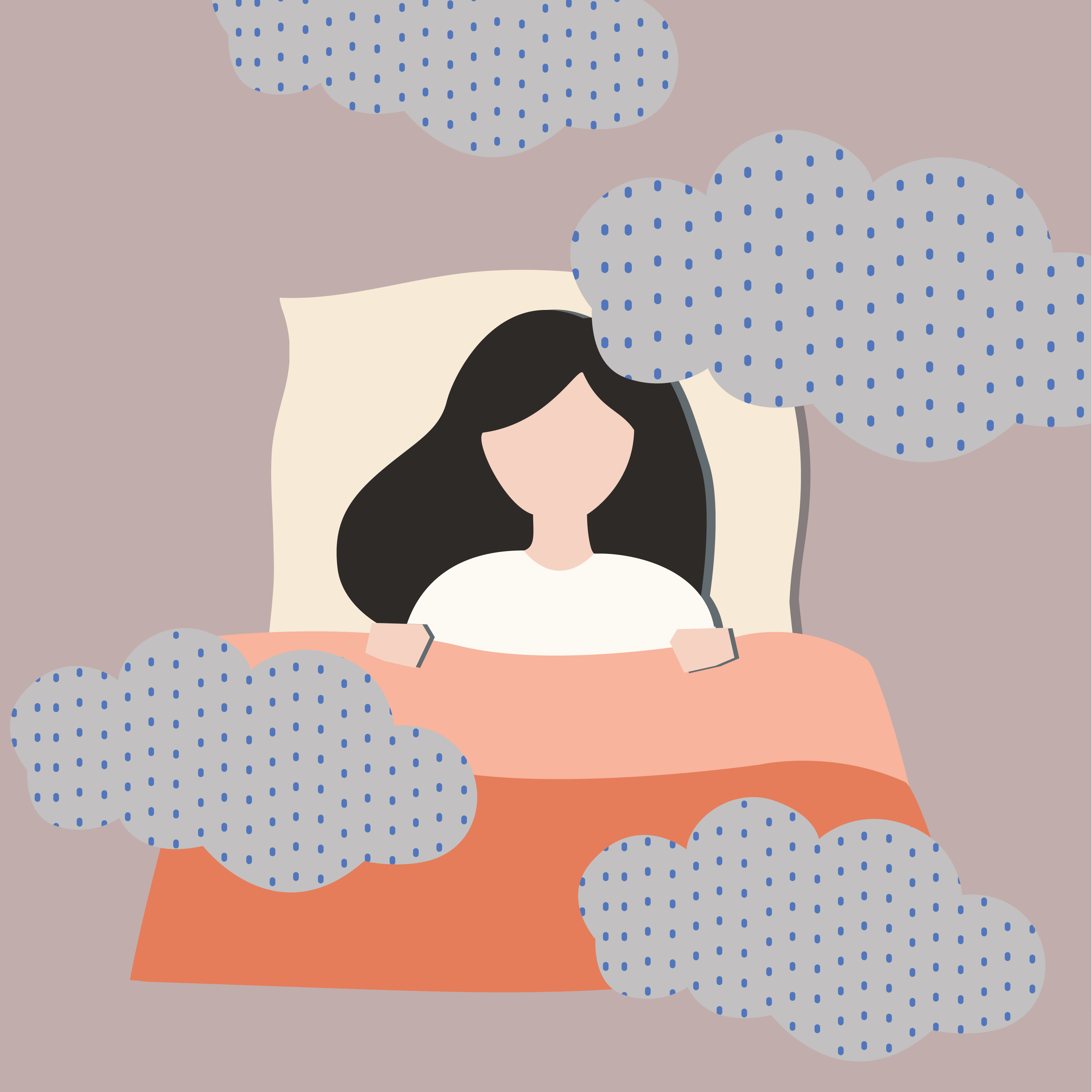
Jun 07, 2022
STRESSED? NOT SLEEPING? TRYING TO CONCEIVE?
TOM Talk's panelist Georgia Hartmann discussed the links between stress, sleep and fertility.
Read More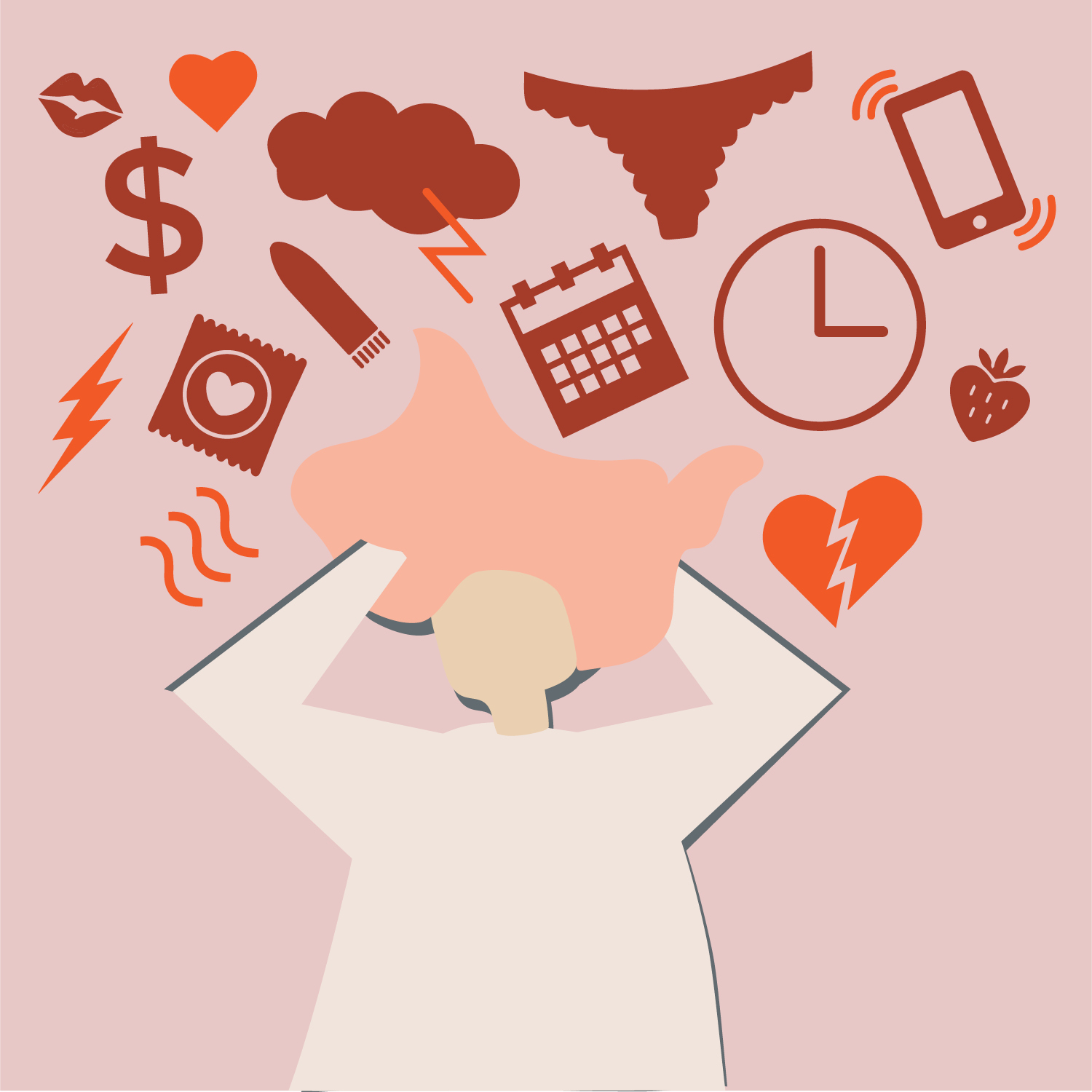
Jun 07, 2022
STRESS AND HOW IT AFFECTS YOUR SEX DRIVE
Certified sex coach Georgia Grace is here to unpack the link between stress and sex.
Read More
